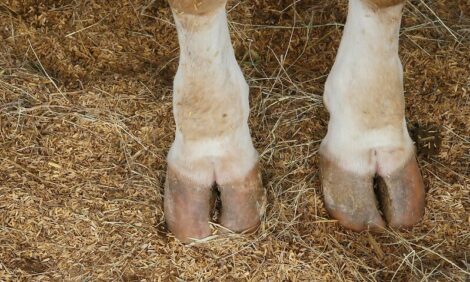



China could benefit from US beef, pork imports - ERS
Domestic prices in China currently exceed US pricesChina is one of the top importers of agricultural products, but it has nontariff measures that prevent its imports from growing even larger, according to an Economic Research Service (ERS) report from the USDA.
Economic theory suggests that a country would import products when foreign prices are lower than domestic prices, decreasing domestic prices and narrowing the “wedge” between domestic and international prices.
In the report, the authors examine China’s import market potential using a price wedge approach—the difference between domestic and imported prices—for commodities that are imported by China. The report estimates the impact of removing these barriers for the four highest wedges using a global economic model. Domestic prices in China exceeded foreign prices (using the United States as an example) by large margins for the four commodities we considered, as follows: beef (58%), corn (64%), pork (213%), and wheat (42%).
Estimates reveal that removing these price wedges could lead to more imports into China. Benefits would be widespread, increasing sales for producers in the United States and other exporting countries and yielding lower food prices for China’s consumers.







